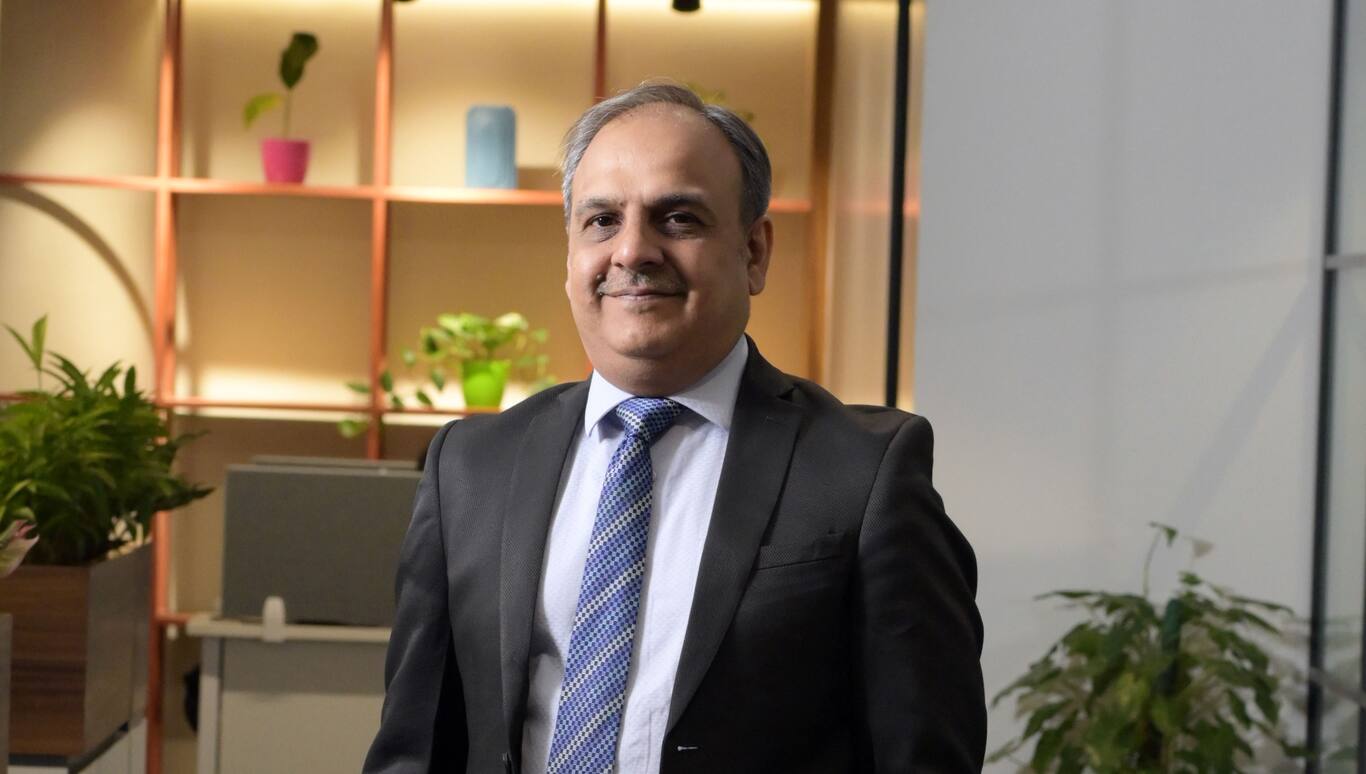The future of wealth management will be shaped by more informed and diverse investors, increasing demand for personalisation, deeper digital integration, and a shift towards purpose-led investing.

India’s fastest-growing investor segment today is emerging not only from metros but also from beyond them. (Source: prhandout)
As India’s wealth landscape evolves, so do the expectations around managing it. Investors today are focused on maximising wealth to create value that endures over generations. As Robert Kiyosaki put it, “It’s not how much money you make. It’s how much money you keep, how hard it works for you, and how many generations you keep it for.”
The future of wealth management will be shaped by a more informed and diverse investor base, increasing demand for personalisation, deeper digital integration, and a shift towards purpose-led investing. This is no longer about incremental change—it’s redefining of how this industry operates.
This is an opportunity to lead. And to do that, we need to understand what’s changing—and why. Here are five trends we believe will shape the wealth management industry in the years ahead:
The End of One-Size-Fits-All Portfolios
Personalisation is no longer a differentiator — it's the new norm. Driven by AI, data analytics, and digital platforms, investors now expect financial services tailored to their unique goals, life stages, risk appetites, and even beliefs. According to the emerging trends in wealth management, 60 per cent of wealth managers say that their clients require customised solutions. Tax optimisation, inheritance goals and global investment opportunities are topics of discussion across conversations. Hyper-personalisation at scale will separate future-ready firms from legacy models.
The India Opportunity Is No Longer on the Horizon — It’s Here
India’s fastest-growing investor segment today is emerging not only from metros but also from beyond them. According to reports, from FY2019 to FY2024, the number of individuals earning over Rs 5 crore annually grew by 63 per cent. Many of them are first-generation wealth creators in Tier 2 and Tier 3 cities — ambitious, digitally savvy, and ready for professional guidance.
Currently, only 15 per cent of India’s financial wealth is professionally managed, compared to 75 per cent in developed markets. That gap is our biggest opportunity. To capture it, we need to rethink accessibility — not just in geography, but in how we speak, serve, and simplify wealth management solutions.
Purpose-Led Investing Is Reshaping Portfolio Strategies
This generation of investors are no longer focused only on returns — they’re equally conscious of where their money is going. Gen Z and millennials — who will be key beneficiaries of wealth transfers — are looking for transparency, sustainability, and social alignment in their investments. According to Wealth Management Trends, more and more firms are now implementing ESG traceability metrics to meet investor expectations.
Purpose-led investing will define the next phase of portfolio construction — and wealth managers who ignore this will struggle to stay relevant.
Technology Will Power Advice — But Humans Will Anchor Trust
The 2025 investor expects a wealth manager who’s as tech-savvy as their favourite app — but as human as their old-school banker. The acceleration in cloud-native platforms, AI-powered copilot tools, seamless onboarding and transaction platforms are reshaping client journeys. Current trends show “relationship manager efficiency” powered by Gen AI as a key driver of advisory transformation.
But here’s the paradox: the more digital we go, the more human we must stay. Digital tools must support deeper conversations, not replace them. The most successful firms in the future will be those that blend intelligent automation with emotional intelligence.
Alternative Products and Thematic Bets Will Go Mainstream
Gone are the days when wealth management meant only mutual funds and fixed deposits. Today’s investor wants options — global opportunities, ETFs, digital assets, structured products, AIFs, REITs, InvITs, and private equity deals.
India’s AIF market has already crossed Rs 4 trillion in investments and is projected to double by 2028. This shift will require not just product innovation but also stronger investor education and stronger risk frameworks. As firms, we will need to wear two hats: that of a curator and that of a responsible guide.
What Will Define Leadership in This New Era
Wealth management is no longer just about managing portfolios — it’s about helping investors make informed, confident decisions in a fast-changing environment. I believe our role is evolving from being wealth managers to being long-term, trusted partners in our clients’ wealth journeys.
Leadership in this space won’t be measured by assets under management alone. It will be defined by how well we anticipate investor needs, simplify complexity, and deliver information that’s timely, transparent, and tailored.
Empower your business. Get practical tips, market insights, and growth strategies delivered to your inbox
By continuing you agree to our Privacy Policy & Terms & Conditions
